Rat Control of Columbia
Welcome to Rat Control of Columbia! We are South Carolina rodent control specialists. Our specialty is rat and mouse control. Our special 32-point process is the single most effective method in the country for permanently solving rodent problems inside houses and buildings. We are not a typical pest control Columbia rodent exterminator company that treats rodents in a similar way to insects, with repeated monthly or quarterly poison treatments. That's a never-ending process. We solve the problem ONCE, and PERMANENTLY, by thoroughly inspecting every component of your building and completely sealing shut all access points, to 100% rodent-proof your house. We physically trap and remove all rats or mice, a process that is completely effective once all access has been closed. The problem is soved forever, usually in a week or less. Click on our Columbia Prices page to find out more about our prices for rat control work. Or give us a call any time to schedule an appointment, usually within the next day. We look forward to hearing from you.
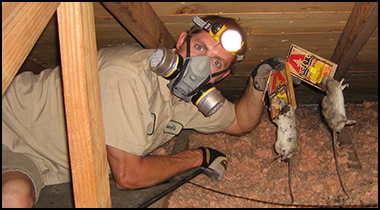
Columbia Rat Trapping

Rodent-Proofing Repairs
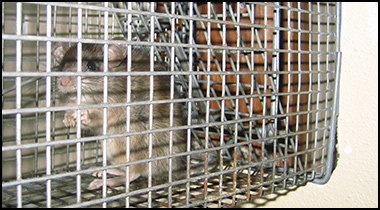
Humane Exclusion Options
Call 24/7 to discuss your rat problem.
Same-day or next-day appointments: 803-335-2166
32-point inspection of your property.
Written estimates for rat project.
Fully South Carolina licensed and insured.
Rat-proofing repairs with steel.
100% of rodents trapped and removed.
Chewed wire and damage repair services.
Rat dropping cleanup and sanitation services.
Poison-free rodent control methods.
Our Service Range - 803-335-2166
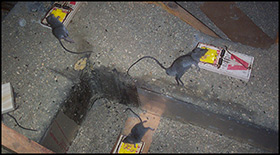
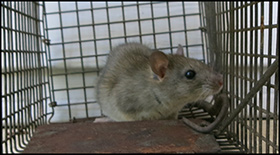
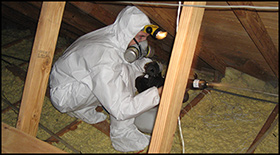
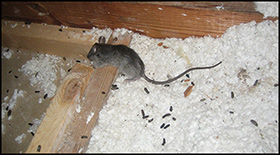
Wildlife rehabilitators are people who are generally tasked with taking in wildlife that is found in areas where they should not be, residential areas for instance, and taking them to the right places where they should have been initially. They are also the people that take care of injured and distressed animals. Rats are on the contrary not considered to be wild animals, if anything they are quite the nuisance to human beings because of all the damage that they can cause to property as well as health risks.
In contrast with the other wild animals that wildlife rehabilitators will allow back into the population once they have been nursed to health, rats are not kept for that reason. They are instead kept by the rehabilitators for other reasons. One of these reasons include being put down or supplied to laboratories to be used as specimen.
In addition, these rats can also be bred and given to reptiles to eat.
One of the reasons why wildlife get involved in the removal of rats from homes is because as opposed to the harsh poisons that are in the market to be used in killing rats, they use more humane ways to kill these rats. Giving them a quick and painless death is the best way to take them out. This is mostly done by putting the animals in a carbon dioxide chamber. The rats are then stored in resealable bags and stored in a freezing unit.
In cases where the rats are used to feed reptiles, there are usually ground rules barring just about anyone from doing so. The wildlife rehabilitators however have the needed licenses to breed these rats in order to supply them to zoos for instance where they are used to feed the bigger animals like snakes, birds and some frog species.
Rules and regulations also regulate the use of rats for pets and as such you cannot capture rats in your home and take them straight to a laboratory to be used as specimen. Instead, you will need to have these rats delivered safely to a wildlife rehabilitation center where they will then be assessed before being handed to laboratories for use as specimen. This is the point at which most often, the sick rats are put down and the healthy ones are put into other use.
While rats may be a menace in the workplace or residential area, they are clearly not completely useless and these wildlife rehabilitators can find places where they can be fit for use and add some value as well. Capturing them using humane ways that don't harm them will help the rehabilitators to find them suitable use as opposed to poisoning them. Calling in these wildlife rehabilitators as soon as you suspect that you have a rat infestation is the surest way to ensure that they are well handled.

